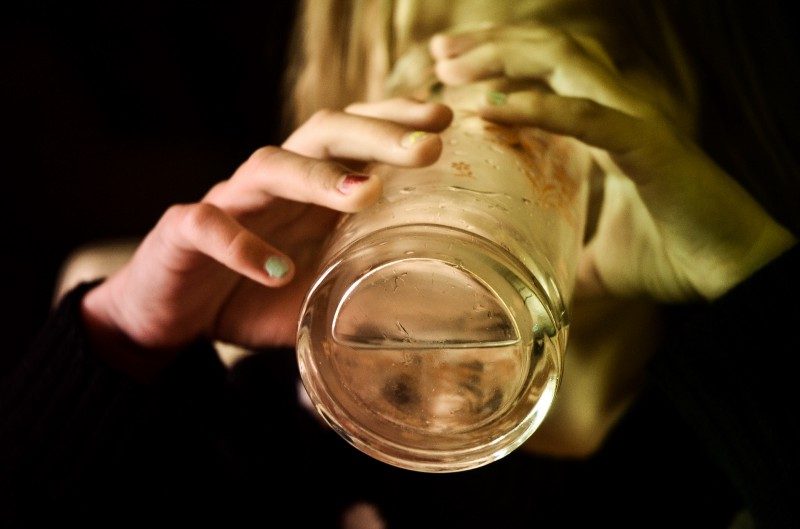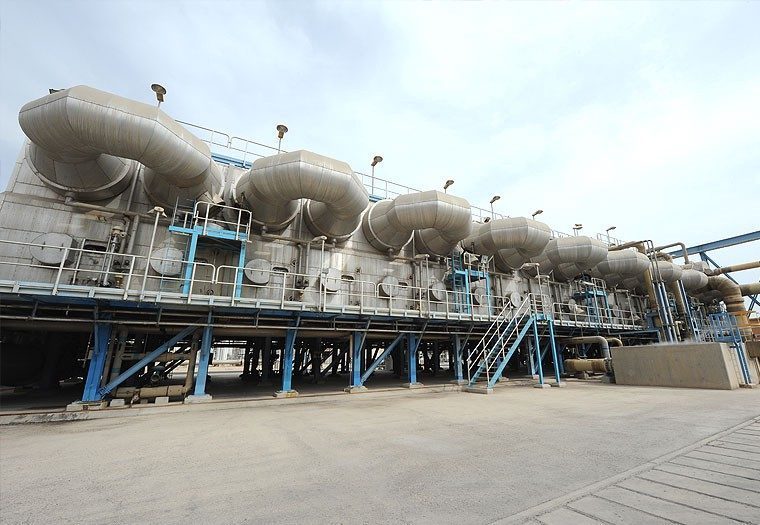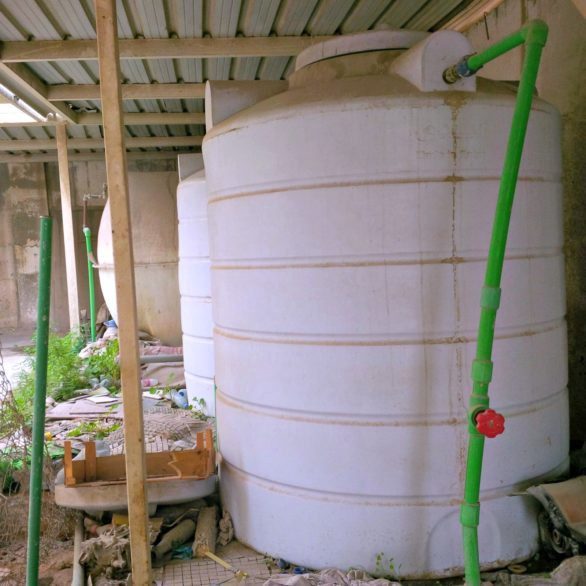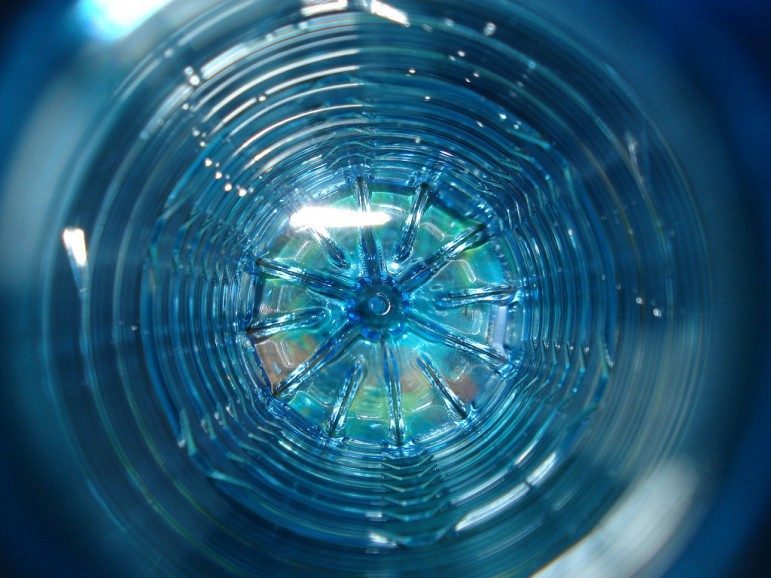
Qatar’s drinking water may be safe from chemicals and bacteria, but it can still make you sick, a public health professor has warned this month.
As a desert nation, Qatar has very little available fresh water.
At least half of its water supply comes from the sea through a salt-removal process called desalination. This water is what we have in our homes.
But the problem with this type of “synthetic” water is that it lacks essential minerals needed by the body, asserts Dr. Jerome Nriagu.

He is Professor Emeritus at the School of Public Health and Research and the Center for Human Growth and Development at the University of Michigan.
Nriagu presented his concerns at a Qatar Environment and Energy Research Institute (QEERI) workshop last week.
Speaking to Doha News, he explained:
“By constantly drinking water with low potassium and magnesium, you increase the risk of getting obesity and hypertension, and (certain) metabolic disorders.”
Health problems
Currently, desalinated water in Qatar and other countries undergoes a post-treatment process to make it less corrosive.
Otherwise, it would not be able to travel safely through pipes to reach our taps.

But according to Nriagu, officials should also be adding essential minerals to the water to help ward off health problems in the population.
“We’re not getting enough from our foods to start with, and now drinking (this type of) water compounds the problem,” he said.
Over the summer, the professor co-authored newly published research about the subject.
The paper focused on the health effects of desalinated water on cancer development, but Nriagu clarified to Doha News that “we’re not saying it’s linked to cancer, it’s linked to the hormones that cause cancer.”
WHO recommendations
His research builds on previous concerns raised by others about low-mineral drinking water.
The World Health Organization (WHO) for example has previously warned:
“In addition to an increased risk of sudden death, it has been suggested that intake of water low in magnesium may be associated with a higher risk of motor neuronal disease, pregnancy disorders (so-called preeclampsia), sudden death in infants, and some types of cancer.
Recent studies suggest that the intake of soft water, i.e. water low in calcium, is associated with a higher risk of fracture in children, certain neurodegenerative diseases, pre-term birth and low weight at birth and some types of cancer.”
WHO has also urged authorities to adopt mineral guidelines for home treatment devices and bottled water.
Nriagu said households that rely on these sources for their drinking water can face “exactly the same” issues as when drinking straight from the tap.
Public perceptions
Many residents here continue to favor drinking bottled water because they are worried about the quality of Qatar’s tap water.
Some also install filters on their kitchen faucets and shower heads for fear of ill health effects from rusting pipes and unhygienic storage tanks.

However, last year, QEERI announced results of new research that found Qatar’s tap water is more than safe to drink.
At the time, researchers told Doha News that local samples fell below maximum thresholds set out by WHO.
“We didn’t see leachate from the piping or the (storage) containers — even in the hot months,” public health researcher Candace Rowell said.
Nriagu conceded that Qatar’s water is “not toxic,” but added “if you look on the deficiency side, then you can see (it) is not healthy.”
He added that once authorities commit to adding the necessary minerals to desalinated water, the change is easy to implement.
“We don’t need new technology to do it.”
Thoughts?






